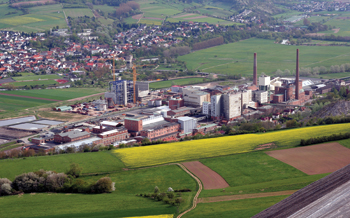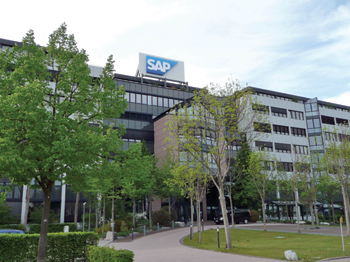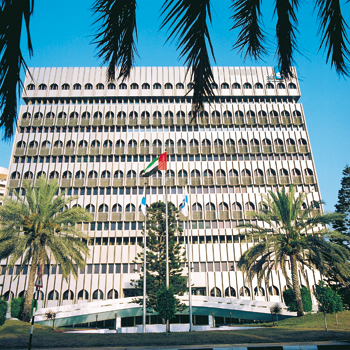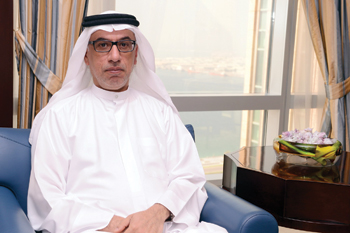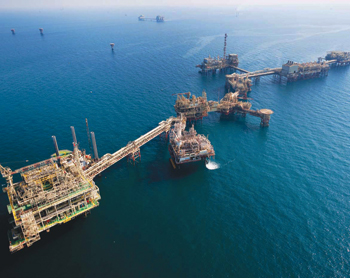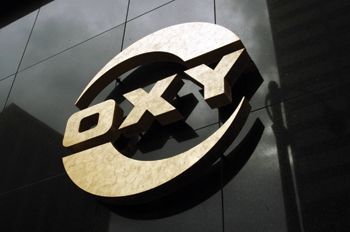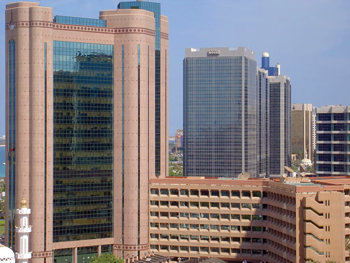
 Adco ... concessions are a government decision
Adco ... concessions are a government decision
THE Abu Dhabi Company for Onshore Oil Operations (Adco) is set to invest a further $5 billion to $7 billion to meet its production target of 1.8 million barrels per day (mbpd) by the end of 2017, the company’s chief executive says.
Adco, which operates the largest onshore oilfields which are currently responsible for about 40 per cent of the country’s output of 2.85 mbpd, says the commitment to pump more oil will help the UAE meet its target to increase capacity to 3.5 mbpd by 2017.
Adco, which currently has capacity of 1.613 mbpd, invested about $5 billion in the first phase of the expansion programme up to the end of 2012, increasing production by 225,000 bpd.
Abu Dhabi National Oil Company (Adnoc), Adco’s parent company, took 100 per cent ownership of the onshore fields when the concessions expired in January after 75 years.
The most pressing issue for reaching the 2017 target is the renewal of the concessions and any uncertainty surrounding their tenure and the partners that will be involved, analysts have said.
“The government has demonstrated that partnership is something that is needed to develop future technology, securities of future markets and so on,” Abdul Al Kindy, the Adco chief executive, says. “The concessions are a government decision. They are taking their time.”
Ministers and executives struck a bullish tone, shrugging off the recent slide in oil prices and maintaining their commitment to ramp up investment in energy projects around the region.
State-owned Saudi Aramco has no plans to lower its investment in energy projects over the long-term despite the fluctuation in oil prices, says Amin Nasser, senior vice president upstream at the firm. “This long-term horizon is manifested in investing in projects, technologies, training and talent development to the tune of $40 billion a year over the next five years,” Nasser told a panel session.
“I am confident long-term oil demand fundamentals will remain robust and our industry must remain focused on meeting this long-term demand and offsetting the decline from our production capacity.” Gulf state members of Opec should not panic over oil’s recent decline to four-year lows, officials also says yesterday and dismissed the possibility of a decision to trim production quotas at a meeting of the group later this month.
“We are not panicking,” the UAE Energy Minister Suhail Al Mazrouei says. “Let’s wait for the [Opec] meeting.”
The 12-member oil group meets in Vienna on November 27 at a time when some member countries have called for a cut in production to sustain prices. Opec has a current production quota of 30 million barrels of crude a day and has not lowered its quota since 2008, although members are pumping oil above that level.
“Please don’t panic, things will fix itself,” Abdulla El Badri, the Opec secretary general, says.







































































